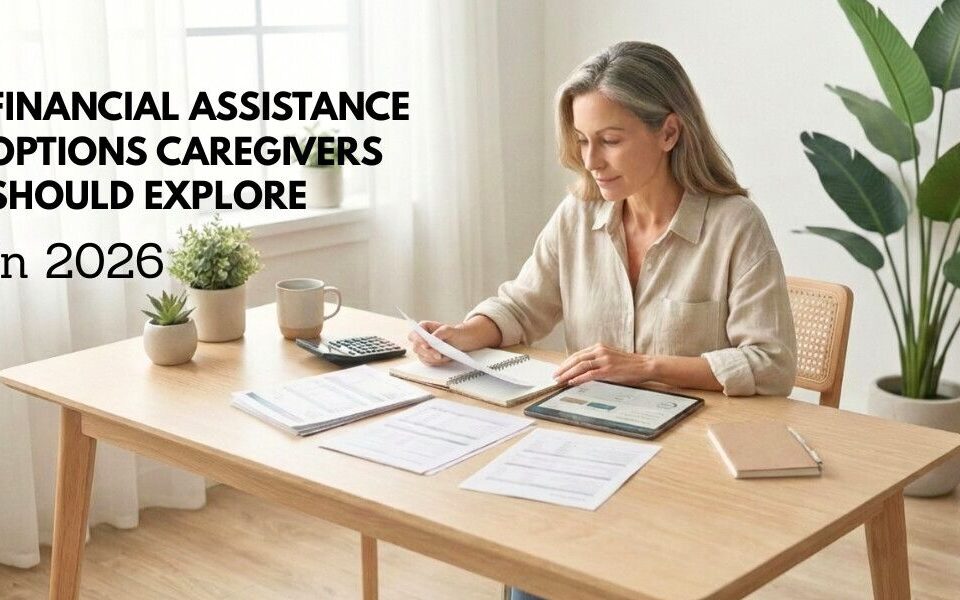It is understandable for seniors to worry about the possibility of the courts placing them under guardianship. The loss of autonomy can be traumatic. It can feel even worse if you believe it was unnecessary. However, there are alternatives to guardianship in Florida. Understanding these alternatives can help you preserve your rights. This post will explore guardianship alternatives for seniors.
What are the Alternatives to Guardianship in Florida?
Understanding the basics of guardianship is important when considering the alternatives. A guardianship is a court-appointed relationship delegating decision-making power. If the court finds the individual is incapable of handling their affairs, it will appoint a guardian. The guardian may control decisions related to finances, healthcare, and living arrangements. While some guardianships are necessary for vulnerable individuals, they often result in a significant loss of personal autonomy. A guardianship can also be time-consuming and expensive. Because of these drawbacks, it is better to avoid guardianship when possible.
Durable Power of Attorney
One alternative to consider is a durable power of attorney. Seniors can use this legal document to appoint a trusted individual to make decisions. Unlike a standard power of attorney, this arrangement remains in effect even in the event of incapacitation. Seniors can use a durable power of attorney to delegate managing bank accounts, paying bills, or selling property. It can also delegate health care decisions.
Health Care Surrogate
Florida allows seniors to appoint someone as a health care surrogate. By appointing someone as your healthcare surrogate, you give them the power to make medical decisions when you can’t. The appointed agent can choose treatments, medications, and end-of-life care based on your wishes. This arrangement ensures that medical decisions align with your preferences, even when you can’t communicate them. You could also arrange an advance directive to outline your medical and end-of-life care choices.
Representative Payee
A Representative Payee is someone appointed by the Social Security Administration to manage benefits for a senior. The SSA typically does this when seniors cannot manage their benefits due to illness or incapacity. A representative payee uses the funds to meet the senior’s basic needs, like housing and medical care. While the payee manages Social Security income, they do not have control over other financial assets. However, it is still a restrictive arrangement most seniors would rather avoid.
Supported Decision Making
Supported decision-making is a relatively new arrangement in Florida law. It offers an alternative to guardianship that allows seniors to continue making decisions with the help of trusted individuals. Seniors retain their legal rights while receiving support to understand options and navigate complex matters like healthcare and finances. The idea is to tailor support to individual needs, emphasizing autonomy and personal choice.
Do you or a loved one need help with elder law issues? Click here to contact the Scott Law Offices. We are elder law experts in Florida. Reach out now to learn more about our services.
Thanks for visiting!




